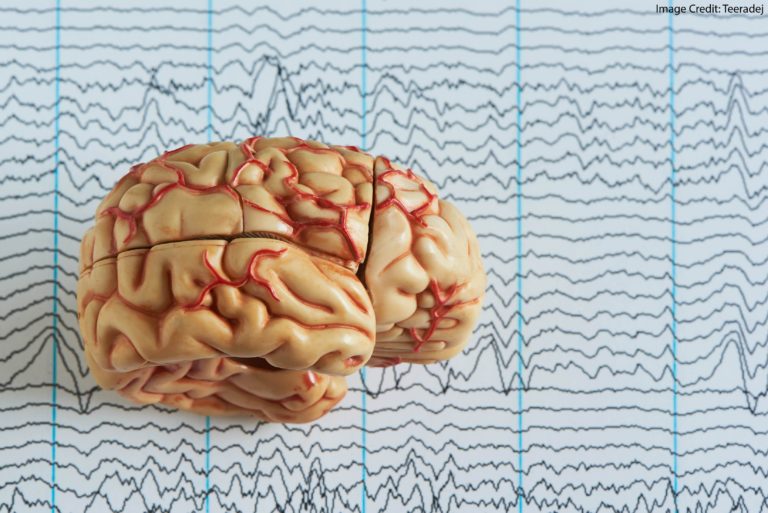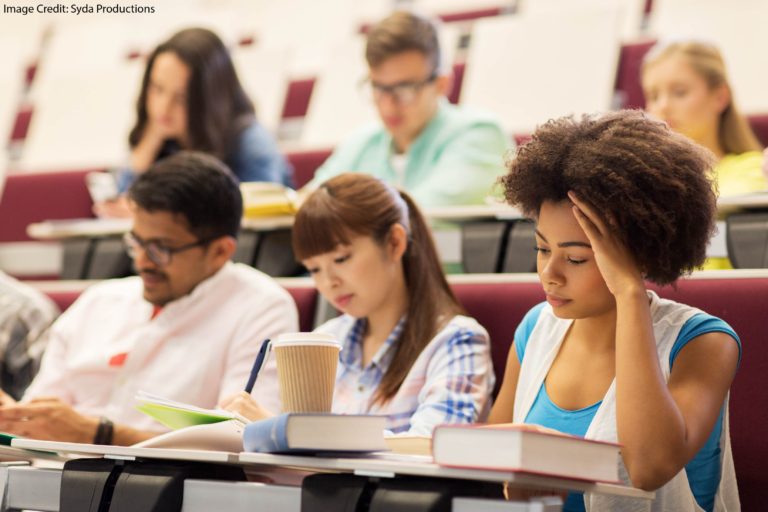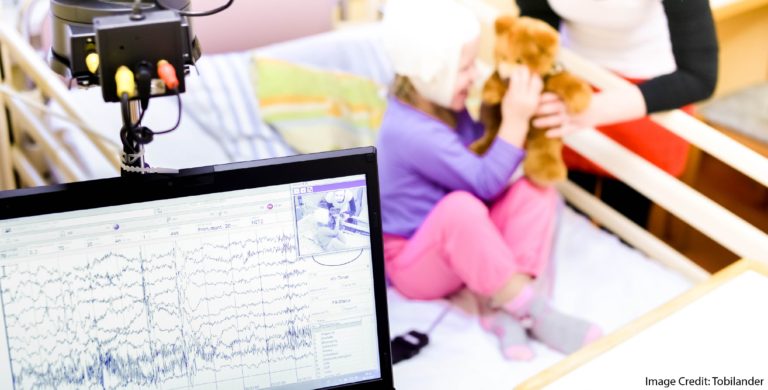Tags
ADHD adolescence attention autism book review boundary conditions classroom advice conference speakers constructivism/direct instruction creativity desirable difficulty development dual coding elementary school embodied cognition emotion evolution executive function exercise experts and novices gender high school homework intelligence long-term memory math methodology middle school mindfulness Mindset motivation neuromyths neuroscience online learning parents psychology reading retrieval practice self-control skepticism sleep STEM stress technology working memoryRecent Comments
- Transforming Notes To Flashcards: Effective Study Techniques For Better Retention - 2024 on Practical Advice for Students: How to Make Good Flashcards
- Homepage on The Limitations of Retrieval Practice (Yes, You Read That Right)
- Early Thoughts on A.I. Research in Schools |Education & Teacher Conferences on ChatGPT and Beyond: The Best Online Resources for Evaluating Research...
- Thom Gething on Teachers’ Professionalism: Are We Pilots or Architects?
- Experts, Expertise, and Teachers (and Students!) |Education & Teacher Conferences on How Do Experts Think?
ABOUT THE BLOG
Yearly Archives: 2019

Surprise: Screen Time (Even Before Bed) Doesn’t Harm Adolescents
A very large study with more than 17,000 people suggests that screen time isn’t really harming adolescent well-being. If that’s true, we should focus our efforts on finding and solving real problems in adolescent life, and not be distracted by sincere but inaccurate hype. Continue reading

STOP THE PRESSES (And Yet, Remain Calm)
In the world of science, if you see the right kind of evidence, you have…

How to (Un)Make System-Wide Changes Based on Research
We might be eager to hurry up and change everything to make our schools better. By rolling out one change at a time, and by agreeing on criteria for success and failure in advance, we can raise the likelihood that our changes will help students learn. Continue reading
Posted in L&B Blog
Leave a comment

Working Memory Overload Throws Neurons Out of Synch
Students use working memory all day long, but they — and we — don’t have very much. New research is starting to explain what happens when they experience working memory overload. In brief: brain regions that must function synchronously stop doing so. Some day this research field might help our students learn more effectively. Continue reading

Is Failure Productive? (Hint: We Should Ask a Better Question)
Two research groups studied (more or less) the same technique with two different student populations — and got very different answer. These contradictory findings give teachers important lessons about using psychology and education research most wisely. Continue reading
Posted in L&B Blog
Tagged boundary conditions, classroom advice, desirable difficulty
Leave a comment

The Simplest Motivation Strategy that You’re (Probably) Not Using
Two simple techniques to overcome mundane daily obstacles make it much likelier that our students — and we — will get work done. Continue reading
![AdobeStock_134653655 [Converted]_Credit](https://www.learningandthebrain.com/blog/wp-content/uploads/2019/03/AdobeStock_134653655-Converted_Credit-768x520.jpg)
The Debate Continues: Being Bilingual Doesn’t Improve Executive Function
Adding to a complex research history, a new study finds that being bilingual did not increase executive function. Given the complexity of this question, perhaps we should focus on the obvious benefits of being bilingual: we can meet and talk with more people. Continue reading

Factual Knowledge Must (Not?) Precede Higher Order Thinking
Scholars who focus on learning have long debated the importance of factual knowledge. Some (like Daniel Willingham) argue students need facts to undertake higher order synthesis and creativity. Others (like Jo Boaler) disagree. Recent retrieval practice research suggests that the primacy of facts might be overstated. But: it’s the first study of its kind, and we’ll need more information before we make big decisions. Continue reading
Posted in L&B Blog
Leave a comment

The Better Choice: Open- or Closed-Book Quizzes
As predicted by research into “retrieval practice,” closed-book quizzes do in fact help students learn better than open-book quizzes do. Once again, the right kind of difficulties can be desirable in school. Continue reading

The Limitations of Neuroscience in Guiding Teachers
Neuroscience offers fascinating insights into brains; psychology provides specific teaching suggestions. However much we enjoy and learn from the former, we should keep our eye on the latter. (Helpful links provided.) Continue reading
